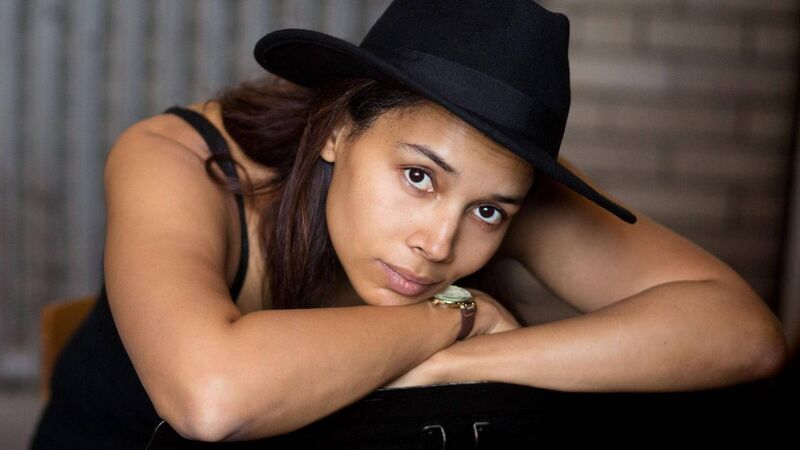Culture That Made Me: Limerick-based musician Rhiannon Giddens selects her touchstones

Rhiannon Giddens grew up in North Carolina, but has lived in Limerick for a number of years.
Limerick-based musician Rhiannon Giddens, 44, grew up in Greensboro, North Carolina. She co-founded the Grammy Award-winning “old time” string band, Carolina Chocolate Drops, and has been nominated for six additional Grammys. She has also acted in two seasons of the hit TV drama series Nashville. This week, she will curate and host two evenings at Dublin’s National Concert Hall, including her own performance with her partner Francesco Turrisi (Thursday, Oct 7); and one with Denise Chaila, Emer Mayock, and Niwel Tsumbu (Sunday, Oct 10). See www.nch.ie




